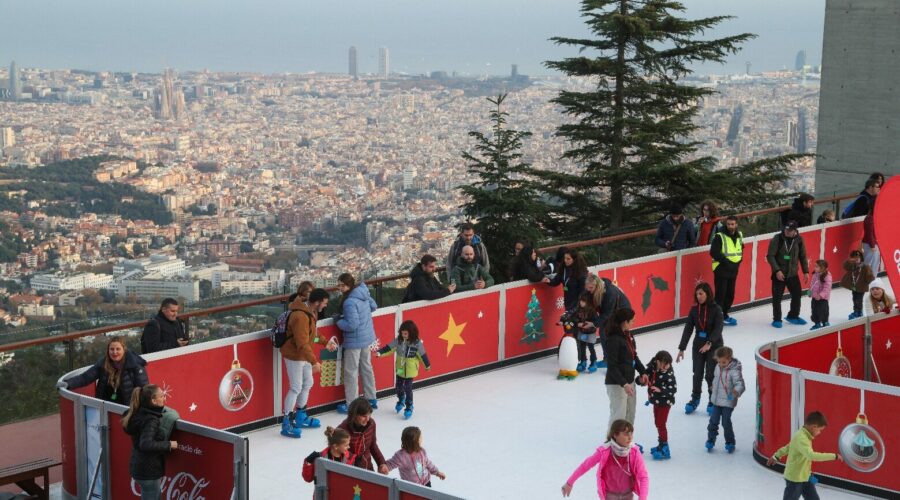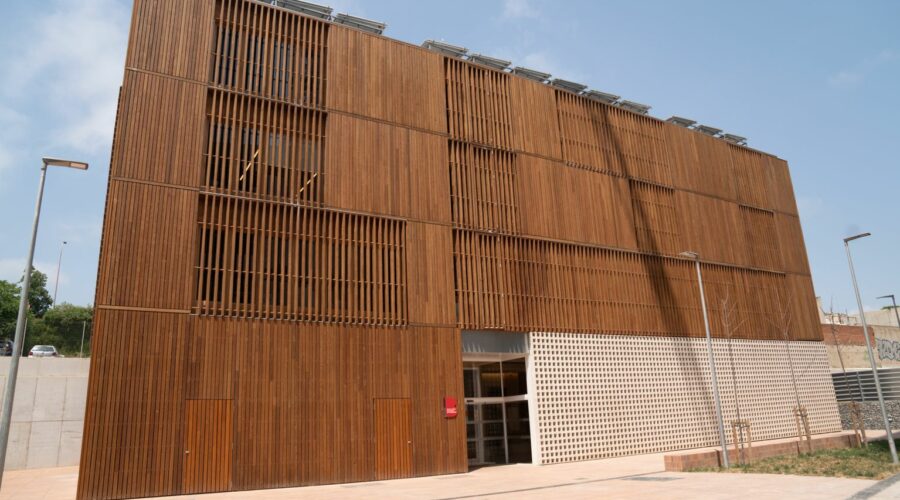
In an impressive breakthrough in public housing construction, Barcelona has demonstrated its commitment to innovation and efficiency by erecting an eight-story building with 45 public housing units in just four weeks.
This amazing achievement has been accomplished through the industrialized production of 104 three-dimensional modules, which are already equipped with the essential elements of a home, such as kitchen and bathroom furniture, windows, partitions, technical installations, switches, doors and locks.
The Municipal Institute of Housing and Rehabilitation (IMHAB) of Barcelona has led this project with an investment of 5.25 million euros, marking a milestone in the construction of public housing in the city.
This innovative approach has been based on the industrialized production of modules that have been assembled at the construction site, which has significantly reduced construction time compared to conventional methods.
Public housing for Barcelona
Each of the 45 homes consists of two pre-conditioned and pre-equipped modules, which has significantly accelerated the construction process.
From the start of production in the factory to the completion of work at the construction site, the process took just over a year, which is approximately half the time required for conventional construction.
The adoption of industrial methods has not only streamlined the process, but also improved occupational safety by carrying out most of the work in a safe environment and on level ground.
In addition, this innovation has contributed to the reduction of waste and emissions, achieving a 40% reduction in carbon dioxide emissions and a 75% reduction in waste generation, compared to the traditional methods used in the City Council’s industrial production.
A great contribution to the city
This exemplary project is only one of seven currently underway in Barcelona using industrialized methods, totaling 328 public housing units. These constructions, which are being carried out in an efficient and sustainable manner, constitute a valuable resource for expanding the supply of public housing in the city.
In addition to the project on Carrer Marroc, other developments are being developed in different parts of the city, such as Pallars, Lola Iturbe, Binèfar, Casernas de Sant Andreu, Fernando Pessoa and Víctor Colomer. The last one is one of the blocks whose works are underway in Plaça de les Glòries (51 apartments).
Barcelona is leading the way toward a more efficient and sustainable building future, and its commitment to innovation in public housing is a model for other cities seeking to address the growing demand for affordable housing quickly and effectively.



